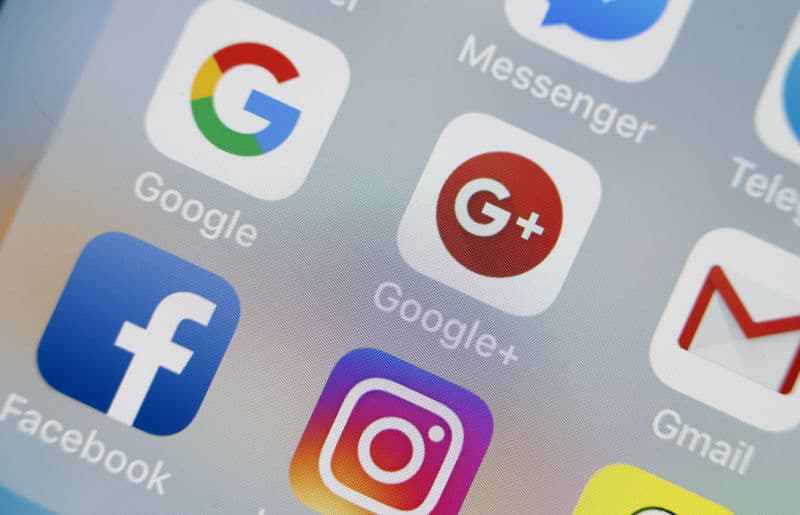Find out the week’s top mobile stories from around the world.
This week.. Mobile Carriers in Britain and Japan begin to turn away from Huawei, Google’s new look for mobile search results puts site owners and publishers first, mobile banking malware on the rise and much more…

Mobile Carriers in Britain and Japan Begin to Turn Away From Huawei
New York Times
Google’s decision to cut off support to Huawei, the Chinese telecommunications giant blacklisted by the Trump administration, is rippling across the globe as companies suspend ties to the handset maker.
In Britain, where Huawei is one of the most popular cellphone brands, two of the country’s biggest mobile networks, EE and Vodafone, announced that they would stop offering Huawei phones to 5G customers as a result of Google’s decision.
Read more…
Google’s new look for mobile search results puts site owners and publishers first
Tech Crunch
Google today unveiled a new look for its mobile search results, which gives sites a way to showcase their own branding instead of looking like every other blue link. Before, the search results were blue and the source — a publisher’s site, for example — would appear below in a smaller, green font. Now, it’s the publisher who gets top billing. With the refresh, the source for the search result appears on top and includes the site’s own icon.
Read more…
Snapchat employees reportedly snooped on users with ‘SnapLion’ tool
Engadget
A bombshell Motherboard report reveals that employees across several departments at Snapchat can view user location information, saved Snaps, phone numbers and email address through a tool known as SnapLion. It’s not clear exactly how widespread abuse of the tool is; a former Snapchat employee quoted in the report said that data access abuse happened a “few times” at the organization.
Read more…
Mobile Banking Malware On The Rise, Kaspersky Lab Warns
Silicon
Mobile banking trojans are one of the most rapidly-developing pieces of malware, a new report from security specialist Kaspersky Lab has warned.
It said it has witnessed a “worrying amount of attacks” carried out on more than 300,000 users, with a type of malware designed to steal credentials and money from users’ bank accounts.
Last year for example Cisco warned that the infamous Gozi banking trojan was being used in targeted attacks deployed over surprisingly sophisticated botnet infrastructure.
Read more…
A year after GDPR, mobile notifications are up, location sharing is down
Martech
In the wake of GDPR and a constant drumbeat of largely negative privacy news in Europe and North America, consumers and marketers are adapting to a changed landscape.
In Europe, more limited third-party data may have lead to growth in mobile app notifications as marketers rely more heavily on first-party tools. The post-GDPR environment has also resulted in more selective location sharing by consumers, research shows. That’s also true in the U.S., where new privacy rules have yet to take effect.
Read more…
Fake cryptocurrency apps on Google Play try to profit on bitcoin price surge
Ars Technica
Google’s official Play Store has been caught hosting malicious apps that targeted Android users with an interest in cryptocurrencies, researchers reported on Thursday.
In all, researchers with security provider ESET recently discovered two fraudulent digital wallets. The first, called Coin Wallet, let users create wallets for a host of different cryptocurrencies. While Coin Wallet purported to generate a unique wallet address for users to deposit coins, the app in fact used a developer-owned wallet for each supported currency, with a total of 13 wallets. Each Coin Wallet user was assigned the same wallet address for a specific currency.
Read more…
The Internet of Things is a game changer for heart care
Internet Health Management
Heart disease is the number one cause of death in the world and the leading cause of death in the United States, killing over 375,000 Americans a year. Heart disease and stroke combined cost the U.S. nearly $1 billion a day in medical costs and lost productivity. What stuns in the face of such sobering statistics is the fact that heart disease is preventable in many cases. Early detection of warning signs, a commitment to long-lasting lifestyle changes, and the right diagnosis and medication can help prevent heart disease from claiming so many lives each year.
Read more…
Automakers have a choice: Become data companies or become irrelevant
Tech Crunch
While Bezos amassed billions, Apple took over our culture, Google became ubiquitous and software ate the world, the automotive industry needed a bailout. Since then, they have more or less recovered, but they are no longer the undisputed titans of American industry. That title now belongs to companies that traffic in data, and the FAANGs of the world have their digital fingers on the pulse of what moves us.
However, not all hope is lost for the old auto titans. Cars are here to stay, whether they have drivers or not. Automakers can ensure their seat at the table by implementing strategies better suited for the digital age and making data a core part of their future business.
Read more…
Chinese AI firms in crosshairs amid trade tension with US
Tech in Asia
iFlytek executive Hu Yu may have spoken too soon when he made a positive comparison of his company to Huawei Technologies during a new product launch in Shanghai earlier this week.
The president of the Chinese voice recognition leader boasted on stage that it had a lot in common with Huawei, the global telecoms leader that is considered a national security threat by the US.








